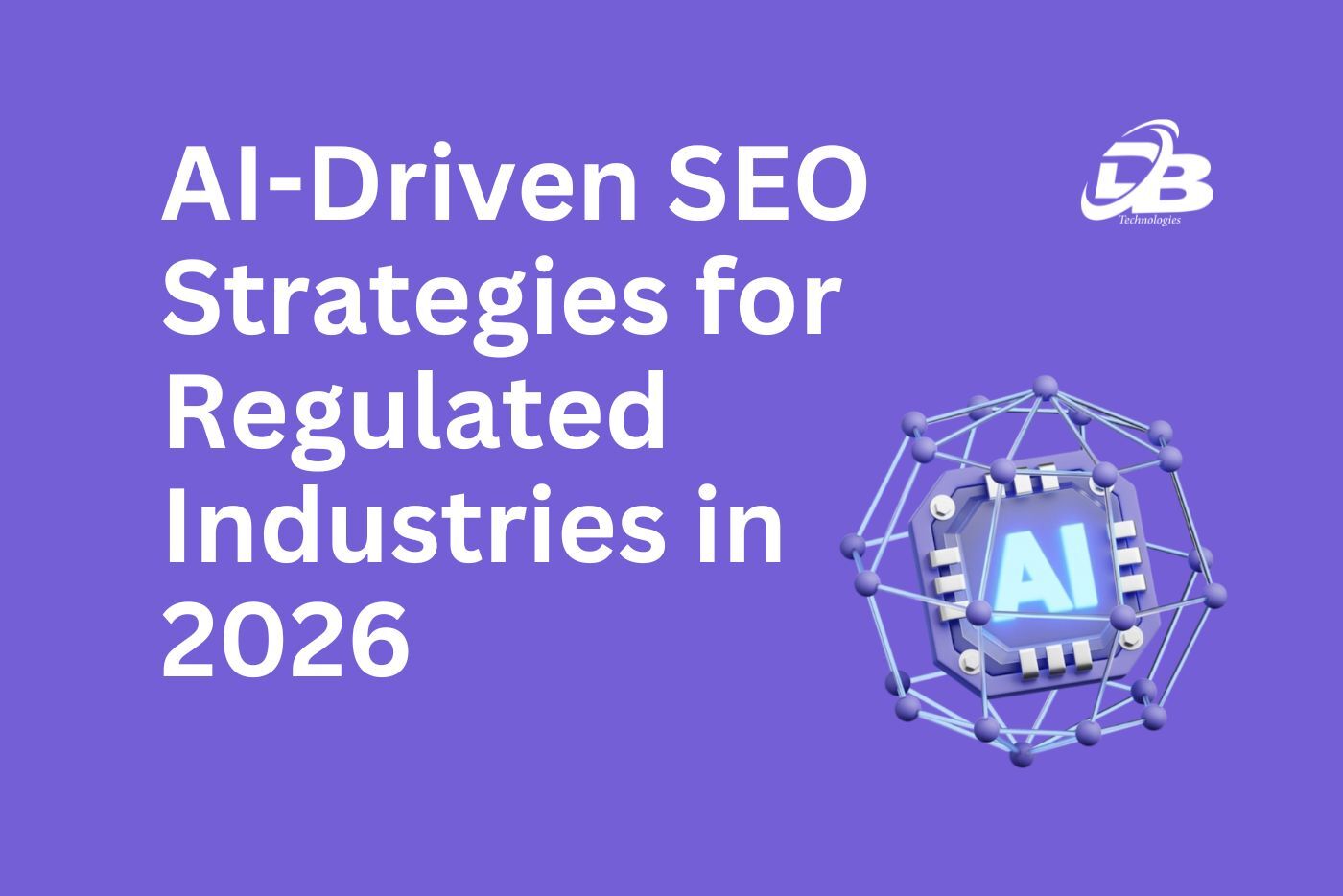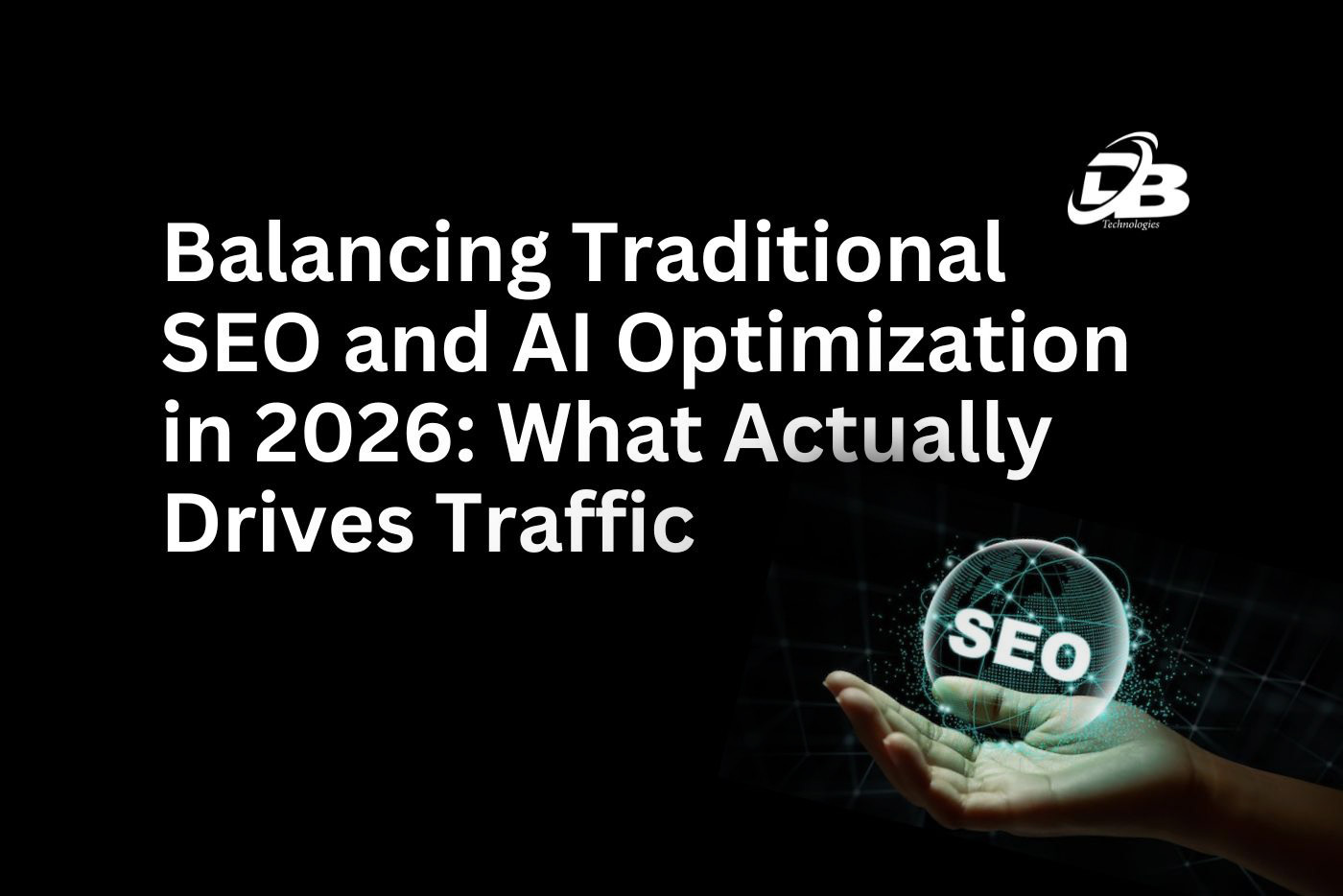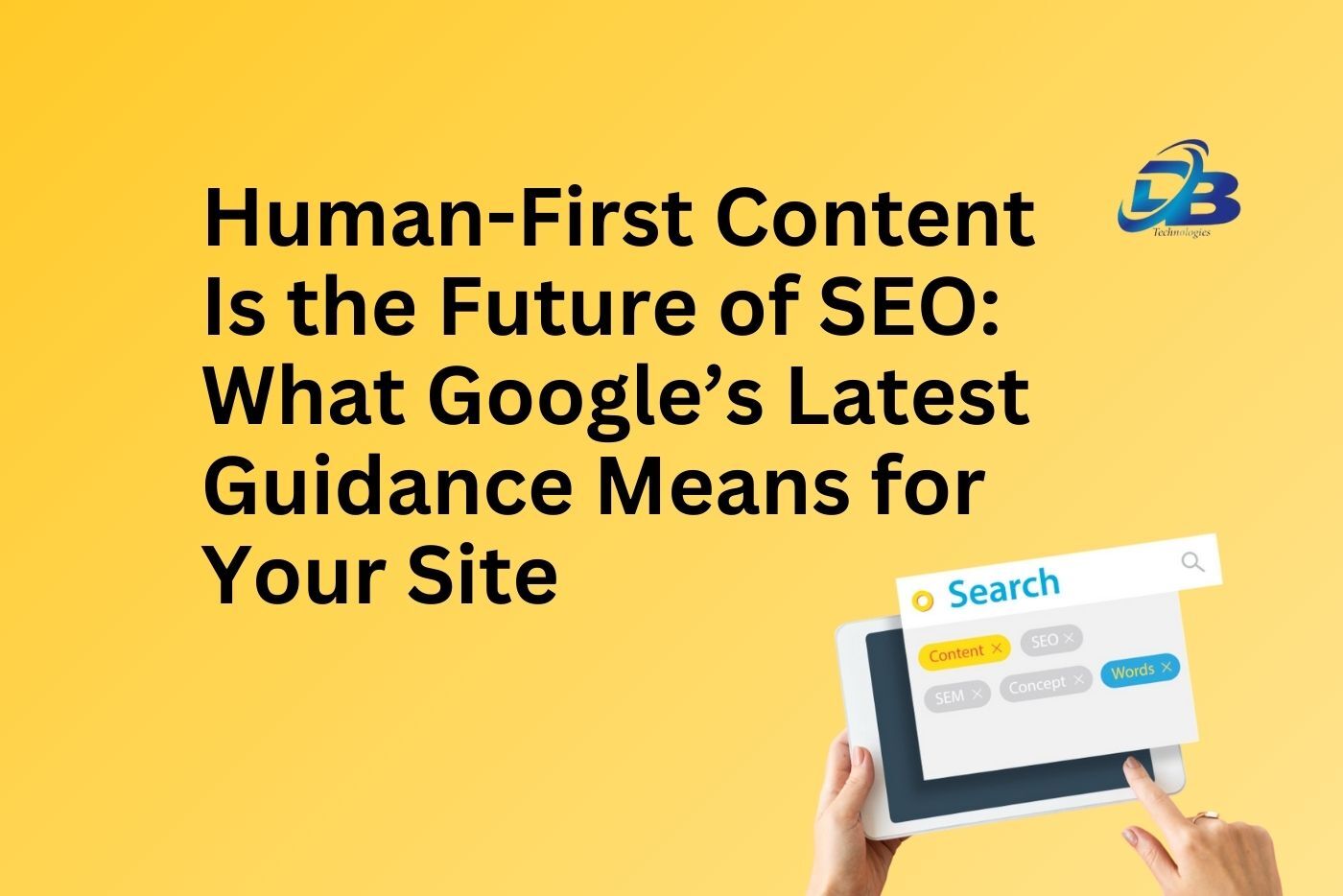
Remember when SEO felt straightforward? Keyword research, some backlinks, decent content, bam, you’re on page one.
Well, brace yourself friends, because that playbook’s gathering dust. Right now, as we chat in mid 2025, over 50% of searches aren’t even ending with clicks.
Users get answers whispered into their ears by Siri, summarized by ChatGPT, or displayed in slick AI Overview boxes. If you’re still just doing traditional SEO, you’re fishing with a net full of holes.
Gartner’s recent bombshell says it all: they predict traditional search volume will drop 25% by 2026 10. Why? Because tools like Google’s SGE (Search Generative Experience), Perplexity, and Claude don’t just list links, they answer. And when’s the last time you clicked a link after Alexa answered your weather query? Exactly.
Answer Engine Optimization (AEO) – What is Means
Answer Engine Optimization (AEO) isn’t some buzzword, today, it’s survival. Think of it as changing your content for zero click options. A person who asks, how do I stop a leaky faucet? or best gluten free pancakes near me, they want the answer now, not a link. AEO guarantees your content is that immediate answer.
Why it’s non-negotiable in 2025:
65% of Google searches now end without a click (the dreaded “zero-click” search). Moreover, voice search is exploding, over 50% of adults use it daily. If you’re not conversational, you’re invisible.
AEO in Action:
Okay, so check this out – BRIX Cafe over in Jumeirah? Cute little place, amazing baklava, but for the longest time you couldn’t find them if your life depended on it. Like, they had a website (kinda), some Instagram posts, the usual… But when actual humans searched for “best coffee near Jumeirah Beach” or whatever? Nada. Zilch.
Then they got smart and made some stupid simple changes:
First, they stopped using robotic business-speak and actually answered real questions people ask. Like instead of some generic “Our Menu” page, they added stuff like:
“Where to find gluten-free kunafa near Jumeirah?” (with the actual answer right there)
“What’s the best Arabic breakfast combo?”
“Do you have vegan options?”
Basic right? But you’d be shocked how many places don’t do this.
Then they fixed up their Google listing – and I mean properly fixed it. Not just the address and hours (though yeah, that matters), but they:
1) Added photos of their actual most popular dishes (not just stock images of coffee)
2) Got customers to leave reviews saying things normal humans say like “best karak chai” instead of formal nonsense
3) Made sure their name, address, phone number were consistent EVERYWHERE
The kicker? Four months later their “near me” searches had TRIPLED. Now when tourists ask Siri where to get breakfast before hitting the beach? BRIX pops up first. When locals google “good place to work with laptop Jumeirah”? There they are.
The crazy part? This isn’t some high-tech wizardry. It’s just… paying attention to how real people actually search for things and then giving them what they want. Wild concept, I know.
Here is your Your AEO Game Plan
Target Questions, Not Just Keywords
Tools like AnswerThePublic or Google’s People Also Ask are goldmines. For example, “how to renew Emirates ID in Dubai” triggers way more high-intent traffic than just “Emirates ID.” Bayut, Dubai’s leading property site, did this by building dedicated FAQ pages for every community boosting long-tail search clicks by over 300% in a year.
Structure for Snippets
Google loves short, direct answers. Start subheadings with clear questions (H2/H3) and answer in under 40 words right after. Careem, Dubai’s ride-hailing app, optimized help articles this way + added descriptive image alt-text, capturing thousands of featured snippets for “how to schedule a Careem ride Dubai” and similar phrases.
Voice-Search Tune-Up
Write conversationally: “You’ll need to visit an Amer center first…” Localize every page: mention Dubai neighborhoods, landmarks, and local terms. Dubizzle, Dubai’s classifieds giant, did this by creating pages like “best movers in Dubai Marina”, driving a huge spike in voice-search traffic.
GEO – When AI Becomes Your Sales Rep
The Rise of the Machines
Generative Engine Optimization, or GEO, is an exciting concept that helps your content stand out to AI tools like ChatGPT, Gemini, and Bing AI. The goal is to ensure that when they create responses, they reference your work instead of that of others.
The GEO wake-up call:
1) ChatGPT hit 3.8 billion visits in late 2024 alone.
2) 8% of Americans now use it as their primary search tool. If you’re not in its training data or real-time index, you’re a ghost.
GEO Wins: How a Leadership Blog Became ChatGPT’s Go-To
“LeadRight,” a B2B blog, struggled for traction until they pivoted to GEO:
1) Published original research on hybrid work trends (with stats from Gallup/McKinsey).
2) Broke concepts into “atomized” blocks with clear H2/H3 tags (e.g., “Remote Work Policy Templates”).
3) Shared snippets on LinkedIn/Reddit, triggering AI crawlers to index them faster.
Soon, queries like “How to build trust in remote teams?” in ChatGPT cited LeadRight’s templates. Their organic traffic? Up 200% despite not “ranking” traditionally.
Your GEO Blueprint (Yes, It’s Practical)
1) Feed the AI with Citable Content
LLMs (Large Language Models) love stats, quotes, and structured lists. Embed these high up in your articles. For example: “A recent eMarketer study found 80% of e-commerce searches are mobile…”
Writer.com boosted authority by adding mini-TOCs and FAQ schema—resulting in 25+ top rankings for question-based keywords.
2) Become an Entity, Not Just a Website
AI needs to “trust” you. Do this:
Update llms.txt (like robots.txt but for AI crawlers) to guide access. Claim knowledge panels via Google Business and Wikidata.
Build topical clusters (e.g., 10 interlinked posts on “Sustainable Packaging”). Adecco, the jobs platform, consolidated country sites into one global domain with 301 redirects—lifting traffic 381% by becoming a unified “entity”
3) Track AI Mentions Like a Hawk
Use Brand24 or manual ChatGPT checks to see if you’re cited. No tools? Ask: “What are reliable sources for [your topic]?” If you’re missing, create “reference assets”: glossaries, templates, or studies. Later, the social media tool, built a 200-page Social Media Glossary—which drove 60% of their total site traffic.
SEO Isn’t Dead – It’s the Backbone
Why the Trio Wins
Let’s be real: ditching SEO for AEO/GEO is like skipping foundations to build a roof. SEO remains critical—it feeds data to AI and answers. The winners blend all three:
1) SEO = Traffic from traditional searches.
2) AEO = Voice/snippet dominance.
3) GEO = AI-generated answer citations.
Case Study : MedPark Hospital targeted medical tourists by:
1) Creating Thai/English content (SEO for local intent).
2) Adding FAQ schema for conditions like “knee replacement recovery time” (AEO).
3) Publishing surgeon interviews with timestamps (GEO trust signals)Result? 206,000 U.S. keyword rankings from zero, plus 250k+ monthly visits.
The E-E-A-T Secret Weapon
Google’s mantra—Experience, Expertise, Authoritativeness, Trustworthiness—is now GEO/AEO oxygen. Why? AI tools scrape E-E-A-T signals to avoid “hallucinations.” For example:
1) Show author credentials: “Dr. Lena Kim, 10 years in cardiology…”
2) Link to peer-reviewed studies or .gov sources.
3) Update dates religiously (e.g., “Updated June 2025”). KrispCall, a SaaS tool, used programmatic SEO for area code pages but saw 82% traffic jumps only after adding author bios + trust badges.
For better insight give this blog a read , “Cracking the Google Code, ‘E-A-T and Google Ranking Factors Made Simple”
Your 2025 Action Plan
Step 1: Audit Like a Pro
1) For AEO: Check Google Search Console for “Impressions” in featured snippets. Low? Add more Q&A sections.
2) For GEO: Plug key topics into ChatGPT/Perplexity. If you’re not cited, create PDF guides or data tables (AI loves these).
Step 2: Content That Triples Visibility
1) Repurpose old posts: Take an SEO-heavy “CRM Guide,” add a “5 Key Takeaways” summary (GEO bait), and voice-friendly FAQs like “What’s the easiest CRM for startups?” (AEO).
2) Go multimodal: Iowa Girl Eats won Google’s recipe carousel with image schema + structured steps. Now their gluten-free recipes dominate voice and AI answers.
Step 3: Technical Tweaks You Can’t Skip
1) Speed matters: AI crawlers bounce from slow sites. Aim for <2s load time (use Cloudflare/LiteSpeed).
2) Structured data = non-negotiable: Implement FAQ, HowTo, or LocalBusiness schema. Game Champions added recipe schema to gaming guides—and traffic spiked 10,015% YoY.
Step 4: Measure What Actually Counts
1) AEO success: Track “position zero” in SEMrush, voice search traffic spikes.
2) GEO wins: Use Mention.com to catch AI citations.
3) Blended KPI: “Influence share” (how often you’re cited/answered vs. competitors).
The Future Is Synthesis (Not Just Search)
Look, algorithms will keep changing. But the core shift? Search isn’t about links—it’s about becoming the source. As Flyhomes proved, creating 425,000 pages of hyper-specific content (like “cost of living in Seattle”) made them 55.5% of their traffic from answers.
By 2026, 25% of searches will be AI-driven. The brands winning aren’t those with bigger budgets—they’re the ones building content so useful, even robots recommend it.
“Optimizing for humans is optimizing for AI,” said Remington Begg.
Final Stitch
Let’s be real here folks – the way people search ain’t what it used to be. We’re living in a world where your grandma asks Alexa for pie recipes and teens get homework answers from ChatGPT before they even touch Google.
If your digital strategy’s still stuck in 2020 shouting “backlinks and keywords!” into the void, well… good luck with that.
The cold hard truth? SEO alone is like bringing a flip phone to a smartphone fight. Those zero-click searches everyone’s freaking out about? They’re not going away – they’re just the beginning.
And don’t even get me started on how AI’s rewriting the rules faster than we can keep up (seriously, try asking ChatGPT about your niche and see if it mentions you – if not, yikes).
But here’s the hopeful part – you don’t need to be some tech wizard to stay in the game. Some of the biggest wins we’re seeing come from stupid simple changes:
1) Taking that old blog post and actually answering the damn question in the first paragraph
2) Talking like a human instead of a robot (newsflash: no one searches “best HVAC services 2025” – they ask “who fixes AC units fast near me?”)
3) Making sure your content doesn’t sound like it was written in 2018 (AI hates outdated info more than your ex hates your new relationship)
The bottom line? Search ain’t about gaming the system anymore – it’s about being the obvious best answer. Whether that’s in a Google snippet, an AI response, or some voice assistant’s reply – if you’re not there, you might as well not exist.
So… what’s it gonna be? Keep doing what worked five years ago and watch your traffic slowly bleed out? Or take one small step today (seriously, just pick ONE thing from this guide) and start future-proofing your presence?
Time’s ticking. The train’s leaving the station. Insert your motivational cliché here. The only wrong move is not making any move at all.












